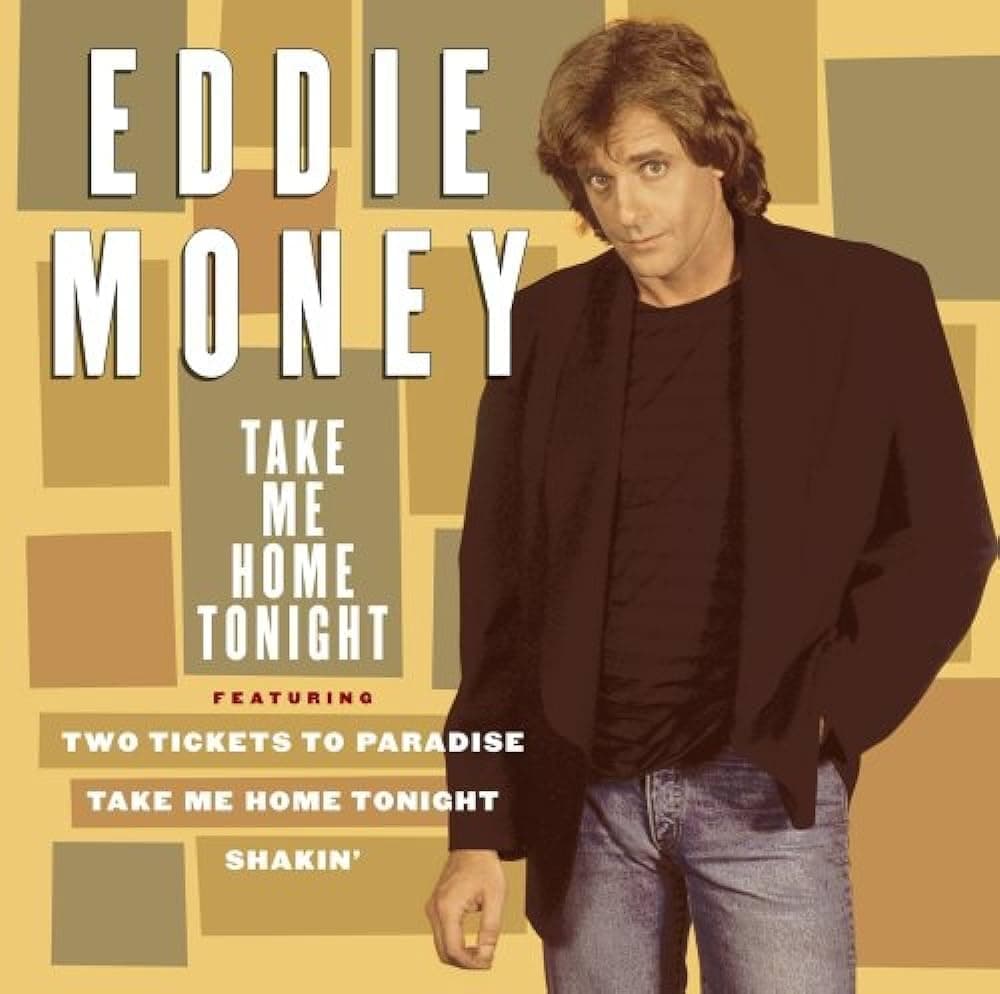
Eddie Money – Take Me Home Tonight: A Triumphant Fusion of Nostalgia and Rock
In 1986, Eddie Money delivered his most iconic hit with Take Me Home Tonight, a track that seamlessly bridges generations of music lovers by intertwining contemporary rock with the golden era of girl-group pop. Anchored by a driving rhythm and a powerful vocal performance, the song captures the intensity of longing and romantic anticipation, making it an enduring classic of the 1980s.
The song’s brilliance lies in its chorus, which interpolates the Ronettes’ 1963 hit Be My Baby. Ronnie Spector, the original vocalist of Be My Baby, reprises her legendary role with uncredited yet unmistakable vocals, adding a layer of authenticity and reverence to the track. Her haunting refrain—“Be my little baby”—provides a poignant counterpoint to Money’s gritty voice, fusing the nostalgia of 1960s pop with the bold confidence of ’80s rock.
Written by Mike Leeson, Peter Vale, Ellie Greenwich, Phil Spector, and Jeff Barry, Take Me Home Tonight became a juggernaut on the charts, peaking at No. 4 on the Billboard Hot 100 and topping the Album Rock Tracks chart. It resonated particularly well in the U.S. and Canada, though it surprisingly struggled in the UK, reaching only No. 200. Despite this, its Grammy nomination for Best Male Rock Vocal Performance affirmed its cultural and musical impact.
The song’s production, helmed with precision, pairs its anthemic chorus with synthesizers and a polished guitar riff, crafting an atmosphere that feels both nostalgic and modern. The inclusion of Ronnie Spector not only pays homage to one of pop’s most influential eras but also revitalizes her career, introducing her to a new generation of fans.
Beyond its chart success, Take Me Home Tonight endures as a powerful anthem of desire and longing. Its timeless appeal lies in its ability to evoke both personal and musical nostalgia, making it a standout track that continues to define Eddie Money’s legacy. Whether as a staple of ’80s rock playlists or a heartfelt homage to the Ronettes’ influence, the song remains a shining example of the transformative power of music.